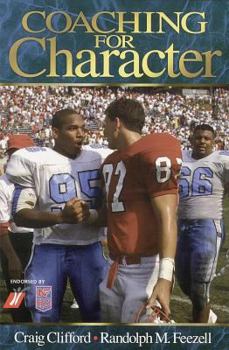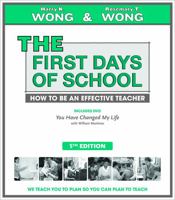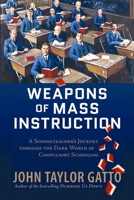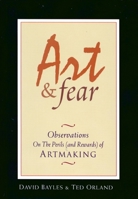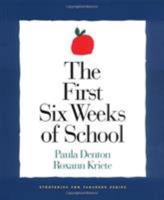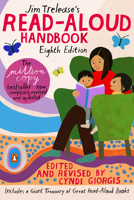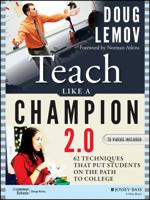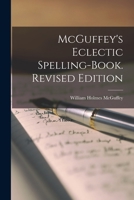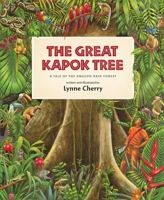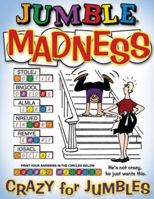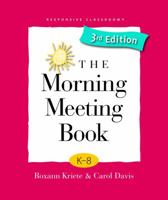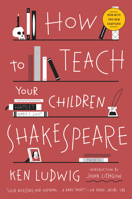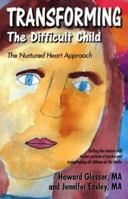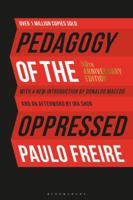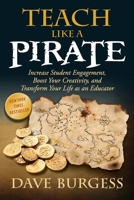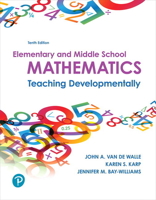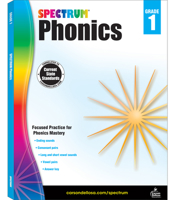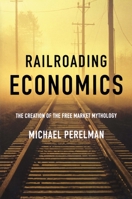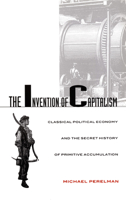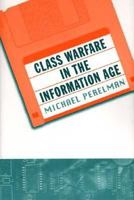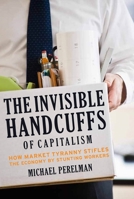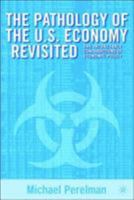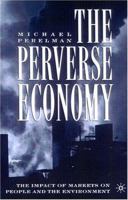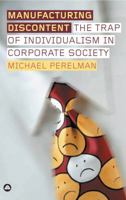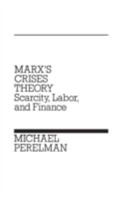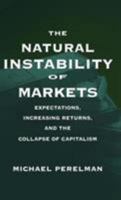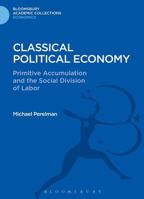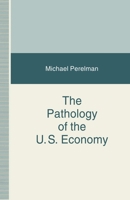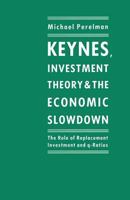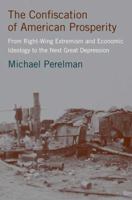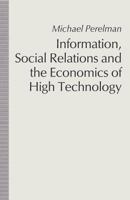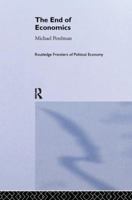Coaching for Character: Reclaiming the Principles of Sportsmanship
Select Format
Select Condition 
You Might Also Enjoy
Book Overview
Customer Reviews
Rated 5 starsGreat book
I had to purchase this book for one of my classes and I thought that I would be receiving some cheesy text about how men are from mars and women are from venus. This book is essentially the exact opposite of that. I would say that almost all of the information provided in the book is useful in my everyday life. It's an easy read, but goes into enough detail to really understand all the issues. I would recommend this book to...
0Report
Rated 5 starsTired of all those confusing opinions about your love life?
Sharon S. Brehm is a respected social psychologist who has composed a witty, fun, and insightful tome regarding the many fascinating contributions her field has made to the study of love relationships. Popular press books may or may not offer valid advice--they aren't relying on scientific research, but rather on opinions (which often conflict with the opinions found in still other books). Brehm offers her readers information...
0Report
Rated 5 starsUnderstand your own intimate relationships better!
Confused about your conflicts with your significant other? Do you want to find out why people are attracted to some people but not others? Reading this book for my sociology class in college allowed me to better comprehend my own relationships. The book collects together social psychological research on intimate relationships, discussing such topics as attraction, sexuality, power, conflict, loneliness, and relationship...
0Report











